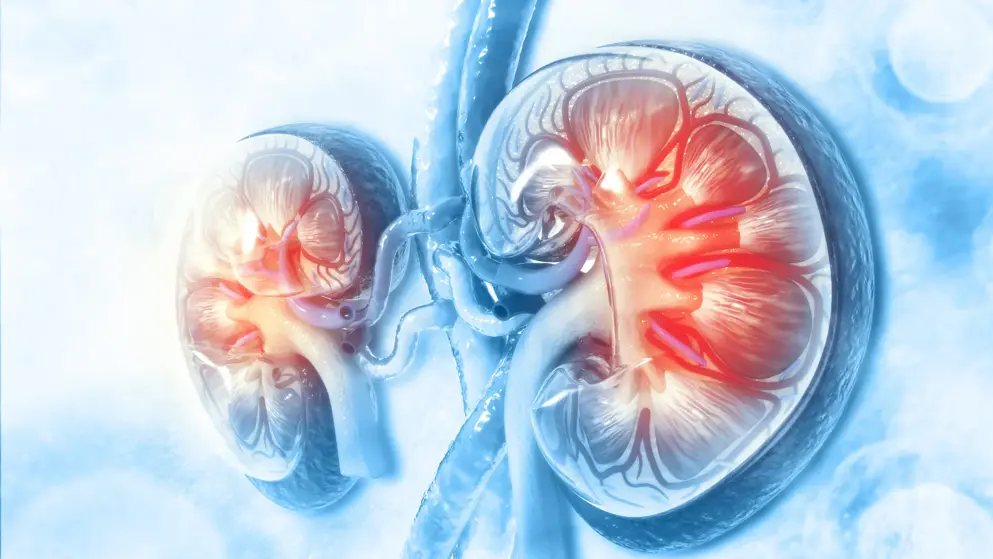Vascular Dysfunction, Oxidative Stress, and Inflammation in Chronic Kidney Disease
Vascular Dysfunction, Oxidative Stress, and Inflammation in Chronic Kidney Disease
Background: Increased arterial stiffness and vascular endothelial dysfunction are important nontraditional cardiovascular risk factors evident in patients with CKD. Vascular oxidative stress and inflammation may contribute to vascular dysfunction in CKD, but direct evidence is lacking.
Methods: We assessed carotid-femoral pulse-wave velocity (arterial stiffness) and brachial artery flow-mediated dilation (vascular endothelial function) in participants with moderate-to-severe CKD (eGFR 15-59 ml/min per 1.73 m2) and in healthy controls. Change in brachial artery flow-mediated dilation after an acute infusion of ascorbic acid to inhibit vascular oxidative stress (versus saline) was also measured. Protein expression of vascular endothelial cells collected from a peripheral vein and ELISAs to assess circulating markers were also performed.
Results: A total of 64 participants with CKD (mean±SD, 65±8 years) and 17 healthy controls (60±5 years) were included. Carotid-femoral pulse-wave velocity was greater in participants with CKD compared with healthy controls (1071±336 versus 732±128 cm/s; P<0.001). Brachial artery flow-mediated dilation was lower in participants with CKD compared with healthy controls (3.5%±2.8% versus 5.5%±3.2%; P=0.02). Circulating inflammation markers (C-reactive protein and IL-6) were elevated in the CKD group (P≤0.02). Endothelial cell protein expression of NADPH (intensity versus human umbilical vein endothelial cell control, 1.48±0.28 versus 1.25±0.31; P=0.05) was greater in participants with CKD. However, ascorbic acid significantly improved brachial artery flow-mediated dilation in control participants (saline, 5.5±3.2; ascorbic acid, 6.8±3.6); as compared with participants with CKD (saline, 3.5±2.8; ascorbic acid, 3.6±3.2) (group×condition interaction P=0.04), suggesting vascular oxidative stress could not be overcome with ascorbic acid in participants with CKD.
Conclusions: Vascular oxidative stress is present in CKD, which cannot be overcome with acute infusion of ascorbic acid.
Read abstract on library site Access full article





